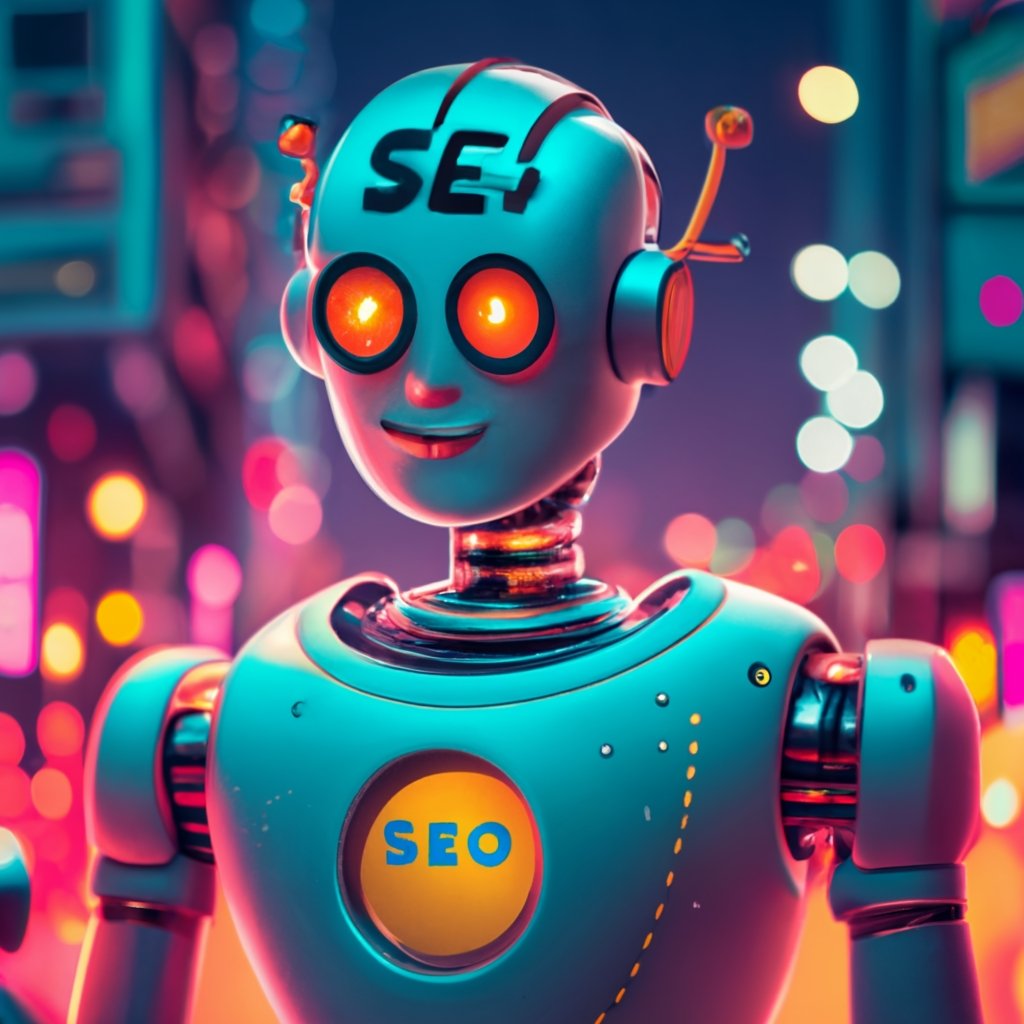BLOG 1
"Exploring the Marketing Landscape: "Digital Marketing Trends 2023."
Trend 1: AI In Digital Marketing Takes the Spotlight :
In the ever-evolving world of digital marketing, staying ahead of the curve is crucial for businesses to remain competitive. As we step into 2023, it’s evident that Artificial Intelligence (AI) has not just become a prominent player in the digital marketing landscape but has also taken the spotlight. In this blog, we will delve into the various facets of AI and how it’s transforming digital marketing.
The "AI Revolution in Digital Marketing." :
Artificial Intelligence has been a part of digital marketing for some time, primarily through data analysis, chatbots, and recommendation engines. However, in 2023, AI is taking on a more substantial role. It’s no longer a supporting player; it’s the star of the show. Here’s how AI is making its presence felt:

1. "AI-Powered Personalization"-Personalized Marketing:
AI-powered tools are now deeply ingrained in marketing strategies to deliver personalized experiences. Thanks to machine learning algorithms, businesses can analyze vast amounts of data to understand consumer behavior, preferences, and demographics. This information is then used to tailor marketing messages, recommendations, and content to individual users. This level of personalization not only enhances customer engagement but also boosts conversion rates.
2. "Chatbots in Customer Service":
AI-driven chatbots have improved by leaps and bounds, providing businesses with a cost-effective way to handle customer queries and provide 24/7 support. These bots are now smarter and more intuitive, making interactions with customers almost indistinguishable from talking to a human agent. With AI chatbots, businesses can ensure quick responses, resolve issues, and collect valuable customer data for future improvements.

3. Predictive Analytics:
Predictive analytics, powered by AI, has become an indispensable tool for understanding future trends and customer behavior. It enables marketers to anticipate market changes and adapt their strategies accordingly. By analyzing historical data and identifying patterns, AI helps businesses make data-driven decisions, from product development to campaign optimization.
4. Content Creation:
AI tools can now generate high-quality content, including articles, reports, and even advertising copy. GPT-3-based models have revolutionized content generation, making it more efficient and cost-effective. Marketers can use AI to create content at scale while maintaining a high level of quality and relevance.
5. "Programmatic Advertising Trends":
Programmatic advertising, which uses AI algorithms to automate the buying of ads and targeting specific audiences, is on the rise. With programmatic advertising, marketers can precisely target their audience, optimize campaigns in real-time, and achieve higher ROI. AI analyzes user data and behavior to serve ads that are most likely to convert.
AI and SEO :
The role of AI in search engine optimization (SEO) deserves special attention. Google’s algorithms have grown increasingly complex, and AI plays a pivotal role in determining search engine rankings. AI helps marketers in several ways:
1. Improved Keyword Research:
AI tools can analyze search trends and identify long-tail keywords that are relevant to your business. This information enables you to create content that’s more likely to rank higher in search results.
2. Content Optimization:
AI can analyze the content on your website and suggest improvements to make it more SEO-friendly. It can also provide recommendations for improving user experience, which indirectly affects your search rankings.

3. Voice Search Optimization:
With the growing use of voice-activated devices and voice search, AI helps in understanding and optimizing for conversational queries, making your content more accessible to voice search users.
Ethical Considerations:
With AI’s increasing role in digital marketing, ethical considerations come to the forefront. Marketers must use AI responsibly, respecting privacy and transparency. Collecting and using customer data should be done with care and respect for individual privacy rights. Additionally, avoiding AI biases and ensuring the fairness of AI-driven decisions is vital.
The Cutting-Edge AI in 2023:
Beyond the established roles of AI in digital marketing, there are exciting advancements that are making their mark in 2023:
1. AI-Generated Video Content:
AI is now capable of generating video content, from short advertisements to full-length presentations. This technology can help businesses produce video content more efficiently and cost-effectively, catering to the ever-growing demand for video marketing.
2. Augmented Reality (AR) and Virtual Reality (VR):
AI plays a crucial role in enhancing AR and VR experiences. Marketers are using AI to create more immersive and personalized AR/VR content, taking user engagement to a new level.
3. Sentiment Analysis:
AI-driven sentiment analysis tools are becoming increasingly sophisticated, allowing marketers to gauge public sentiment toward their brands and products. This helps in adjusting marketing strategies in real-time based on public opinion.
4. AI-Enhanced Influencer Marketing:
AI tools can identify the most relevant influencers for a brand’s target audience, making influencer marketing campaigns more effective. This technology helps businesses find the perfect match between influencers and their products or services.
In conclusion, as we journey further into 2023, AI is indeed taking the spotlight in the digital marketing landscape. It is reshaping the way businesses engage with customers, personalize content, and make data-driven decisions. The challenge for marketers is to harness the power of AI while maintaining a focus on ethics and privacy. To succeed in the ever-changing digital marketing landscape, businesses must embrace the AI revolution and adapt their strategies accordingly, integrating cutting-edge AI advancements to stay competitive in this dynamic environment.
